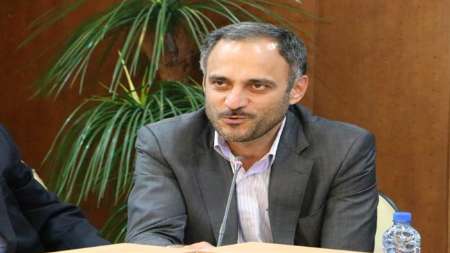
The Health Ministry began implementing the ‘Health Overhaul Plan’ in May 2014 following the notification of general health policies by the Leader of Islamic Revolution Ayatollah Seyyed Ali Khamenei.
Mohammad-Hossein Qorbani, spokesman of Parliament Health Committee, told Tehran-based English newspaper Iran Daily that the plan, which has provided public health insurance for 11 million people, is one of the glories of the Rouhani government.
“The ‘Health Overhaul Plan’ is one of the measures that the government can be proud of as its effects have been tangible for people,” he said.
The plan aims to reduce the costs borne by patients in hospitals affiliated to the government and facilitate the process of treatment.
The government managed to provide insurance coverage for 11 million people in the last two years.
According to the plan, patients who refer to state-owned hospitals and clinics, pay less than 10 percent of the medical costs.
Villagers, tribal people and residents of cities below 20,000 only pay five percent of the medical costs.
Pointing to the flaws of the national health plan, Qorbani said the government should extend medical services to all remote areas across the country.
“The employment of competent medical staff should not be restricted to the capital Tehran and other major cities.”
His remarks were an indication to poor facilities and lack of adequate specialists in small cities and less developed regions.
The lawmaker said the Parliament will follow up plans to help resolve such problems.
Qorbani also appreciated efforts which have helped reduce the need for foreign medicines.
He said nearly 70 percent of drugs needed by patients are produced domestically, adding that the government’s efforts have obviated the need for unbridled imports.
Since the lifting of sanctions on Iran, major international medicine companies have voiced readiness to invest in Iran.
The removal of anti-Iran sanctions began in January following last year’s nuclear deal with the major world powers.
Some of the international drugmakers have signed agreements to produce medicines in Iran which are currently imported.
The outlook will help Iran gain self-sufficiency in producing pharmaceutical products and become a hub in the region.
9060**1771
www.irna.ir
 solhkhabar | Peace International News Agency Peace International News Agency , Peace News , International Agency News of Peace
solhkhabar | Peace International News Agency Peace International News Agency , Peace News , International Agency News of Peace